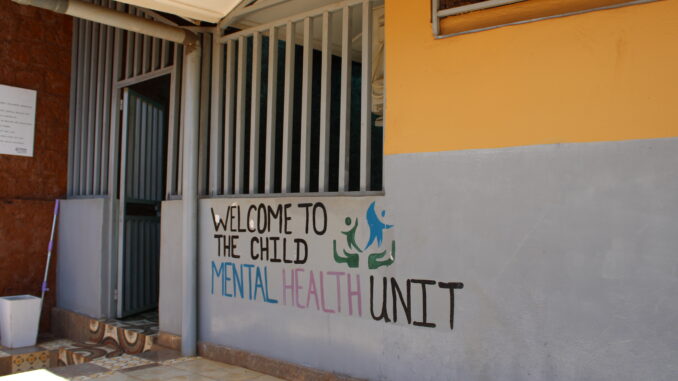
Dr. Abdul Jalloh, once Sierra Leone’s sole practicing psychiatrist, has spearheaded a remarkable transformation in the country’s mental health care. Taking charge of the nation’s only psychiatric hospital six years ago, Dr. Jalloh abolished the inhumane practice of chaining patients to beds and initiated sweeping reforms.
With support from a U.S.-based nonprofit NGO and the government, the hospital has expanded its staff to 135 professionals, including three psychiatrists and seven doctors in a groundbreaking residency program. The facility, formerly known as the “Crase Yard,” has been rebranded as the Sierra Leone Psychiatric Teaching Hospital, shedding its stigmatized reputation.
Despite these advancements, challenges persist. Mental health services remain scarce outside the capital, and many still rely on traditional healers. The country grapples with the lingering effects of civil war, poverty, and high addiction rates, particularly to a local drug called kush.
Efforts to modernize mental health legislation and increase funding face hurdles. The outdated 1902 Lunacy Act continues to stigmatize mental health issues, contributing to low funding and resource allocation. However, the government is taking steps to improve care nationwide, implementing WHO training programs for healthcare workers.
Dr. Jalloh acknowledges the ongoing challenges, particularly in dealing with the addiction crisis. Despite the toll on his own mental health, he remains committed to transforming the hospital from a place of suffering to a sanctuary. As partners in this effort note, transforming mental health is a long-term process requiring time, cultural alignment, and local leadership.
